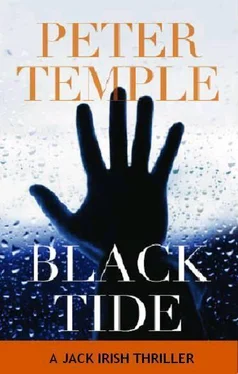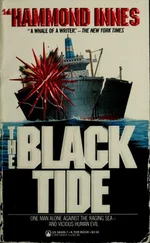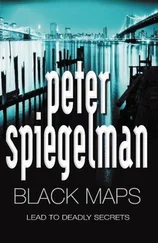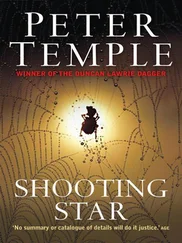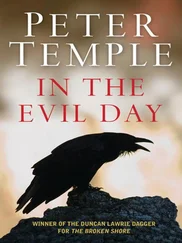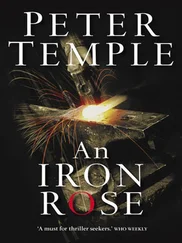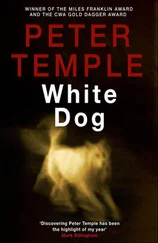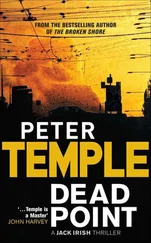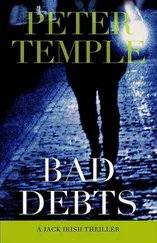In ripping long lengths of bone-dry hardwood, there’s an element of danger. The machine’s purpose is to cut cleanly to precise dimensions. But to do that the timber must be forced into a sharp-toothed steel disc going at great speed the other way. The disc is unwelcoming, wants to reject anything coming at it. And, in the process of partition, one piece of timber must pass between the vicious blade and a machined-steel wall. The tolerance is minute. No guarantees of operator safety are available. Jamming is not uncommon. Pieces of wood have pierced throats, impaled people five metres away, men, usually men, pinned through the solar plexus like butterflies. Eternal vigilance is all: smooth feed, constant pressure against the fence, listen and feel for vibration and chatter.
Tiring work but relief from the ceaseless ramblings of the mind, the endless tongue-probing of tender places, of crevices harbouring decaying matter.
I was stacking the last three-metre length, helmet off, feeling the tension leaving my neck and back, when the doorbell rang. Charlie wasn’t a great responder to the doorbell. The doorbell often triggered a need to explore the farther reaches of the enterprise. The more rings, the farther the reaches.
But Charlie wasn’t here. This was bowls morning. Charlie was having breakfast at home, thinking about the humiliation he planned to inflict on certain junior members of the Brunswick Lawn Bowling Club.
I went to the door, sawdust on my face, in my hair, clinging to me like a garment. A tall woman in her late twenties, early thirties, short dark hair, masculine haircut from the fifties, tweedy jacket and flannels. The man was a little older, round glasses, jacket and tie.
‘Mr Jack Irish?’ The woman.
‘Yes.’
‘Sorry to bother you at work.’ She had TV commercial teeth, black Smartie eyes. There was a tiny male cleft in her pale chin, impression of a fingernail in pastry.
Something told me not to smile back. These were not seekers after classic cabinetmaking. ‘You haven’t bothered me yet.’
They glanced.
‘Come in?’ asked the male, smiling. His eyes were tired, and fractionally too close together.
‘Not open,’ I said.
Their eyes met again. She said, ‘Mr Irish, it’s about Meryl Canetti. We’re worried that you won’t have the full context.’
I said, ‘We. We are who?’
‘We work for the Federal government.’
I said, ‘Outside.’ They backed off, onto the narrow pitted pavement, stood apart. Empty street, above us Melbourne’s dirty-dishcloth sky. A grey car was blocking McCoy’s exit.
‘Let’s see the ID.’
The man produced a flat leather wallet, flipped it open, handed it over. Photograph, seal of the Commonwealth of Australia. No name, just a line saying: This serves to identify the holder as an employee of the Commonwealth of Australia.
It gave a Canberra number to ring for verification.
‘This is useful identification,’ I said. ‘What are you, clerks in the Department of Agriculture? Maybe you’re in Weights and Measures. Work the scale, run the tape over things.’ I handed the wallet back. ‘And the phone number, that’s useful too. Self-fulfilling prophecy.’
The man said, ‘Can we go inside? Little public out here.’
They followed me in. I leant against a clamping bench.
‘Anywhere to sit down?’ said the man. His fair hair was combed sideways, little widow’s peak, touch of grey at the temples. He could pass for a Uniting Church minister. Probably was on the side.
‘This is a workshop,’ I said. ‘Generally, we work standing.’
He looked around, shrugged. ‘Fine.’ He seemed to be making an effort. ‘I have to ask you not to repeat to anyone what I tell you or even that we have spoken to you. I’ll be brief. Meryl Canetti isn’t a well person.’
‘How do you come to associate me with Meryl Canetti? Whoever she is.’
Smoothing of the hair, nod, understanding smile.
‘Meryl’s been under surveillance,’ he said. ‘For her own protection. You’ve been talking to her. We’re trying to do the best for Meryl and her family.’
I didn’t say anything.
‘Mr Irish, Meryl’s husband does important work, highly confidential work. Sometimes he has to be away for long periods. Meryl has difficulty coping with this, she’s prone to fantasies, has depressions, mildly manic states.’
His expression asked me to show understanding, to nod. I didn’t accede to the request.
‘Another problem is that she won’t stay on her medication for any length of time. After a lot of agonising…’
Pause.
‘I’m sure you’ll understand how difficult these things are. Her husband recently told Meryl that he couldn’t continue with the marriage. This triggered something and she’s taken to telling weird stories. Sometimes Dean’s missing, sometimes he’s dead. What is worrying to us is that some very strange people are encouraging her.’ Pause. ‘Follow so far?’
‘Who do you usually tell stories to? Sheep?’
He looked down, gesture of contrition, flashed pink palms chest high. ‘Sorry. Sorry. No insult intended. I’m concerned to avoid misunderstandings.’
‘You’re saying Mrs Canetti is deluded and that she was not told that her husband was missing. That right?’
The woman nodded. ‘Right. Exactly.’
The man looked down, scratched his forehead above the left eye. ‘Mr Irish, the reality is that Meryl Canetti may end up being institutionalised. We hope not. Another concern is that she and the people urging her on will make it impossible for Dean to carry on his work. Believe me, it’s important work.’
‘What is the work?’
‘If I could tell you that, I would,’ he said. ‘And then I wouldn’t have to do any more to convince you.’
After you’ve listened to hundreds of people buffing up their lies with bits of truth, you come to notice things: tension in the shoulders, quick blinks, taut tendons in the neck, a certain budgie-like movement of the head, tendency of the hands to comfort the mouth, the nose, the ears, even the teeth.
All I saw in this man was tiredness.
‘This visit’s got a point, has it?’ I asked.
The man put his hands in his pockets. ‘We wanted to make sure you knew what’s been going on, that’s all,’ he said. ‘You understand, this is a bad time for Dean. He should have sought help sooner but he’s only human. May I ask you a question?’
I nodded.
‘Would you mind telling us exactly what your interest is in Dean Canetti?’
‘I don’t have any interest in him. My interest is in finding Gary Connors. I take it Gary’s known to you?’
He shook his head. ‘No. I don’t know the name. What’s this person’s connection with Dean Canetti?’
‘He was following Gary on April 3.’
He frowned. ‘Sure of that?’
‘As I can be.’
He nodded, took out a wallet, extracted a card, offered it. ‘The Federal Government values your co-operation,’ he said.
Card with a telephone number, nothing else.
‘We’d appreciate it if you’d talk to us first if you’re concerned about anything to do with the Canettis. Tell the operator it’s a Section Sixteen matter.’
‘Section Sixteen?’
‘That’s right.’ He held out his right hand, thumb up, tilted to the right. The open, honest, unaggressive way of inviting a handshake.
I shook it, a surprisingly hard hand, a hand that knew labour. The woman didn’t put out a hand. She moved her mouth into the smile position. Man shakes, woman smiles. Would that be in the manual?
I followed them to the door. They were walking towards their car when the man looked over his shoulder, turned and came back.
‘Jack,’ he said, ‘piece of no-bullshit advice. You don’t want to be involved in anything to do with Dean Canetti. At the very least, it’ll be a serious embarrassment. Could be much, much worse than that. I can’t say more. Wish I could.’
Читать дальше
